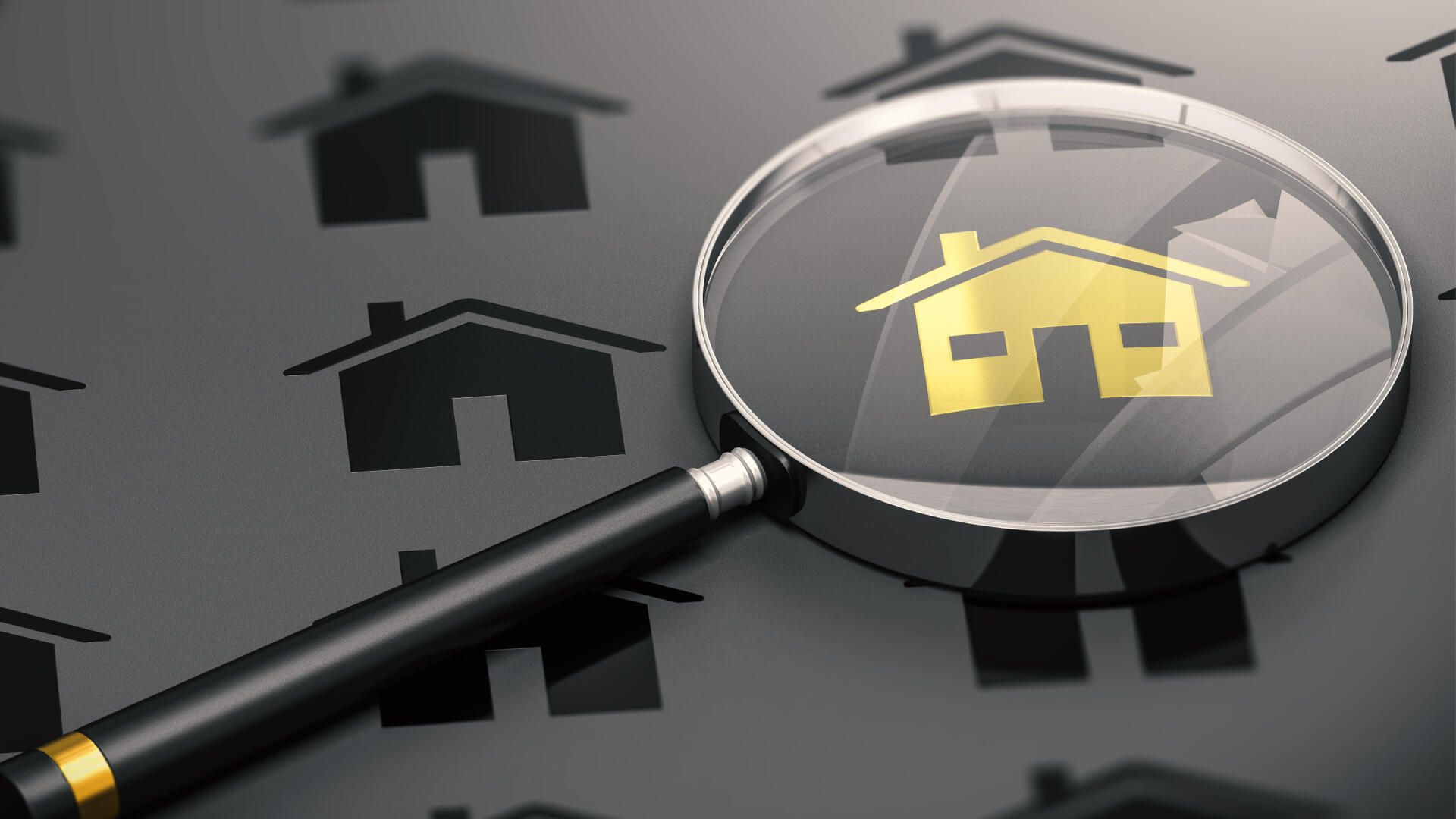Tampa Bay New Home Finders
Good to Know

Like many homebuyers, you may be waiting for the holidays to be over to seriously pursue buying a home. Or, you may be home seller waiting for interest rates to drop so you can sell your home quickly and purchase another. Some economists believe a mild recession is on the way, that housing prices will finally drop and that inflation will be tamed by the Federal Reserve in time for interest rates to settle back down in 2023.
But the outlook is mixed - what will the volatile real estate market be like in 2023? Here’s what housing industry experts have to say based on what happened in 2022 in terms of inflation, employment, housing availability and other factors.
According to Fannie Mae, the government-sponsored enterprise, the housing market will tip the U.S. into a recession in early 2023. By the end of 2022, home prices will have risen 9% year-over-year, but will begin to fall by 1.5%. While that’s not a great number, the original forecast was a 16% rise in 2022 and growth in 2023 of 4.4%.
The gross domestic product, partially driven by housing sales and consumer purchases related to homebuying, home maintenance, and home improvement, will begin a slight contraction in the fourth quarter this year (0.1%), and 0.5% next year.
The Mortgage Bankers Association agrees that the U.S. will enter a recession in the first half of 2023 and that national home prices will flatten in 813-716-4498, with some regional markets declining. Their metric is mortgage origination volume which is expected to decline from an anticipated year-end $2.26 trillion in 2022 to $2.05 in 2023. Specifically, purchase originations will decline 3% and refinancing will decline 24%.
In 2021, single-family mortgage originations were $4.44 trillion and are on pace to decline to $2.26 trillion in 2022 which suggests that high housing prices and rising interest rates were taking their toll on homebuyers.
Driving the change toward a downturn in the housing market, of course, is the Federal Reserve. In attempts to slow inflation, the Fed raised overnight borrowing rates to banks 3.75 percentage points as of November, the largest number of basis points in a single year since the 1980s when hyperinflation devastated the U.S. economy.
The USinflationcalculator.com indicates that the annual inflation rate, based on the United States was 7.7% for the 12 months ending October 2022 when inflation rose just 0.4% for the month. Based on the consumer price index (CPI), inflation rates appeared to be easing from recent highs of 9.1% in June and 8.2% in September. Inflation rates are compared monthly to the same months the previous year, so accounting for 2022 compared to 2021 won’t be available until December 2022.
But that doesn’t mean the Fed is finished raising rates. Fed Chair Jerome Powell signaled in September that overnight borrowing rates would continue to rise into 2023 to 4.5% or 4.75% until inflation numbers are back under 2% annually, which is the desired rate for a healthy economy. CNBC reports that the typical U.S. household spends $445 more a month to buy the same items it did a year ago, yet pay for many workers hasn’t kept pace with inflation. Real hourly earnings fell 2.8% between October 2021 and October 2022, found the Bureau of Labor Statistics.
Exacerbating the problem of inflation is housing, including rent, which grew 0.8% from September to October, the largest monthly increase since August 1990, and accounting for 40% of core inflation. Core inflation, which measures price increases with the exception of food and energy grew 6.6% in September and 6.3% in October.
These factors and more lead Powell to state in November that pricing pressures are still evident across a broad range of goods and services and that it would be premature to discuss pausing rates for some time to come. Fed hikes to curb inflation could take as long as nine months to two years to impact rising costs. Some sectors, such as housing, are expected to remain high.
A major factor that will continue to impact mortgage interest rates is the demand for housing versus available inventory, reports Forbes.com. As long as there are more buyers than sellers, the problem of not enough homes for sale will keep home prices elevated.
The National Association of REALTORS Chief Economist Lawrence Yun explains that home prices are holding steady and some are experiencing price gains while other areas, most notably in California, are seeing prices pull back. Housing market conditions are remarkably different to previous recessions, with housing inventory about a quarter of available homes in 2008. Distressed property sales (those in foreclosure and being sold by the lien-holders) are at 2% of supply, well short of the 30% of homes made available during the housing crash.
Yun believes that mortgage interest rates will soften for two reasons – the dual curtailments of home sales and homebuilding are impacting the Gross Domestic Product. Second is the concerning spread between the 30-year fixed mortgage rates and the federal funds rate which is much higher than it’s been historical. If the spread were closer, mortgage interest rates would be closer to 5.8% than 7%.
Because of the economic pressures on consumers from still-high inflation, interest rates and housing, Yun expects home sales to decline by 7% in 2023. The dearth of housing for sale will continue due to slow homebuilding and sellers with low interest rate loans avoiding the market, he expects the national median home price to increase by 1%, with some markets experiencing price gains and others price declines.
A report by independent research firm Capital Economics forecasts that home sales will slump and home prices will fall by as much as 8% in 2023, with a possible recession that will continue to hurt consumers’ purchasing power. As buyers are priced out of the market or simply tire of high prices, sellers who must sell will be forced to accept lower offers. The good news is that home supplies should improve as builders complete construction on homes, prompting rents to fall 0.5% in 2023.
Once inflation is under control, Yun projects a 10% jump in home sales and a 5% increase in the national median home price in 2024.
East Pasco Living Team
We are a collaborative team with a vision to put our years of experience working and living in East Pasco to work for you! We strive to build long-term relationships and give you the individualized attention you deserve. Let us put our combined decades of experience to work for you.
Carla Goddard | East Pasco Living Team Lead
Graduate, REALTOR® Institute | Residential Specialist | BHHS-Certified New Home Specialist | Certified National Home Specialist – Residential Construction Certified (CNHS-RCC) | NHCB Certified New Homes Co-Broker |BHHS-Certified eCertified® Specialist | BHHS-Certified rCertifiedSM Referral and Relocation Specialist | Tampa Bay Builder Services Manager
Berkshire Hathaway Home Services
📧email: carla@eastpascoliving.com
📲text/call 813.716.4498
Article by BHH Affiliates, LLC used with permission © 2022 BHH Affiliates, LLC.
Real Estate Brokerage Services are offered through the network member franchisees of BHH Affiliates, LLC. Most franchisees are independently owned and operated. Berkshire Hathaway HomeServices and the Berkshire Hathaway HomeServices symbol are registered marks of Columbia Insurance Company, a Berkshire Hathaway affiliate.
If you are considering purchasing a new construction home and would like to ask questions, schedule a discovery call today with one of us or our designated New Home Specialists.
Carla Goddard | East Pasco Living Team Lead | Operations Director Builder Services
Graduate, REALTOR® Institute | Residential Specialist | BHHS-Certified New Home Specialist | Certified National Home Specialist – Residential Construction Certified (CNHS-RCC) | NHCB Certified New Homes Co-Broker |BHHS-Certified eCertified® Specialist | BHHS-Certified rCertifiedSM Referral and Relocation Specialist | Tampa Bay Builder Services Manager
📧email: carla@eastpascoliving.com
📲text/call 813.716.4498
Follow us




